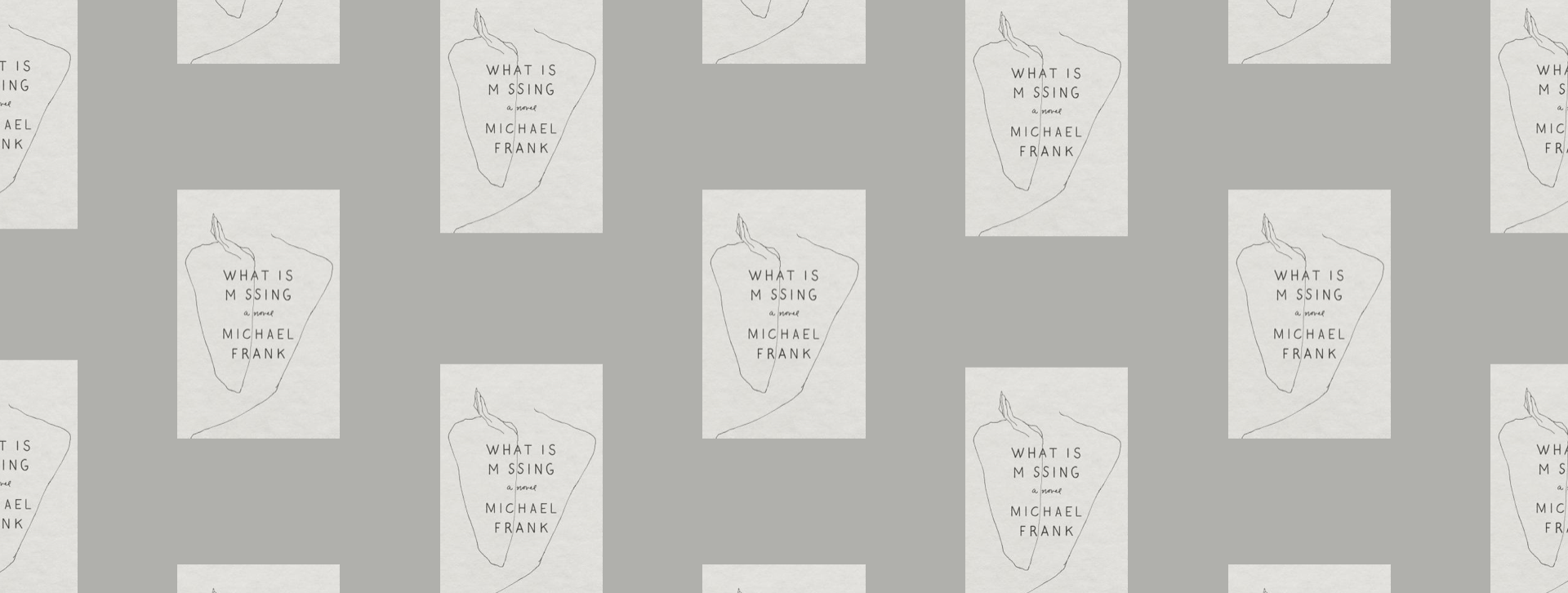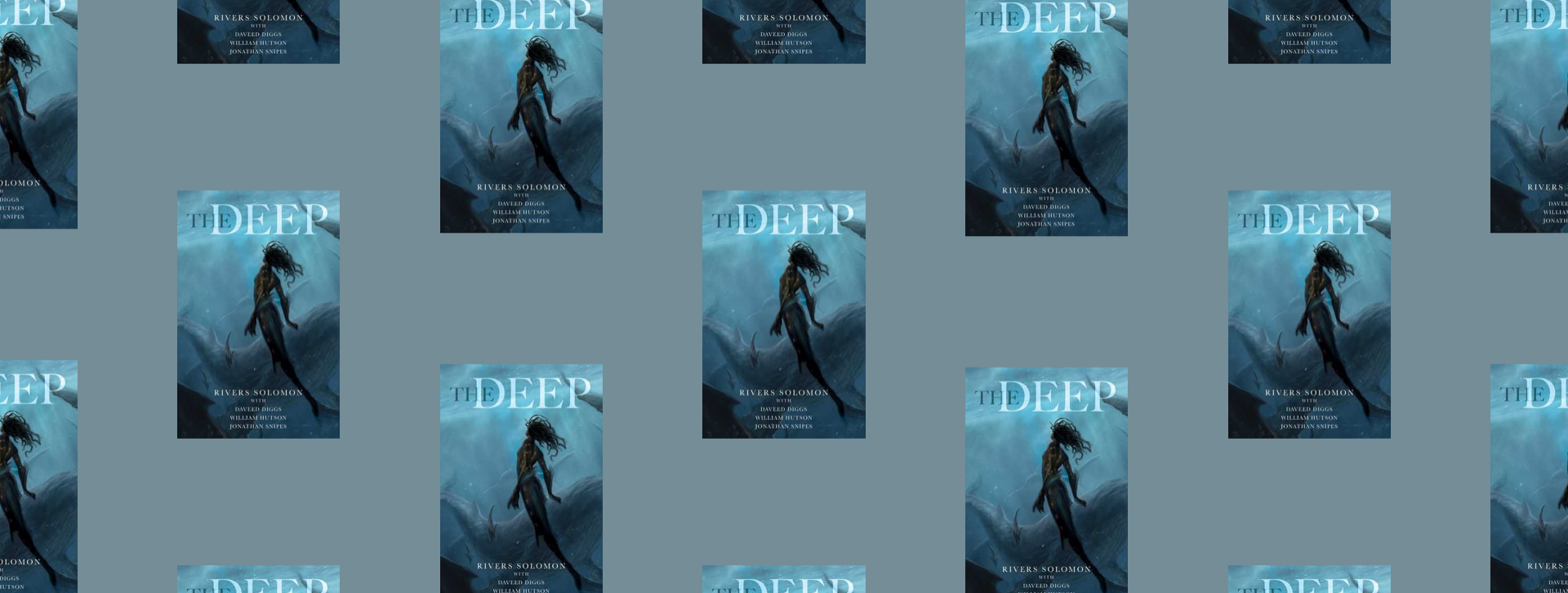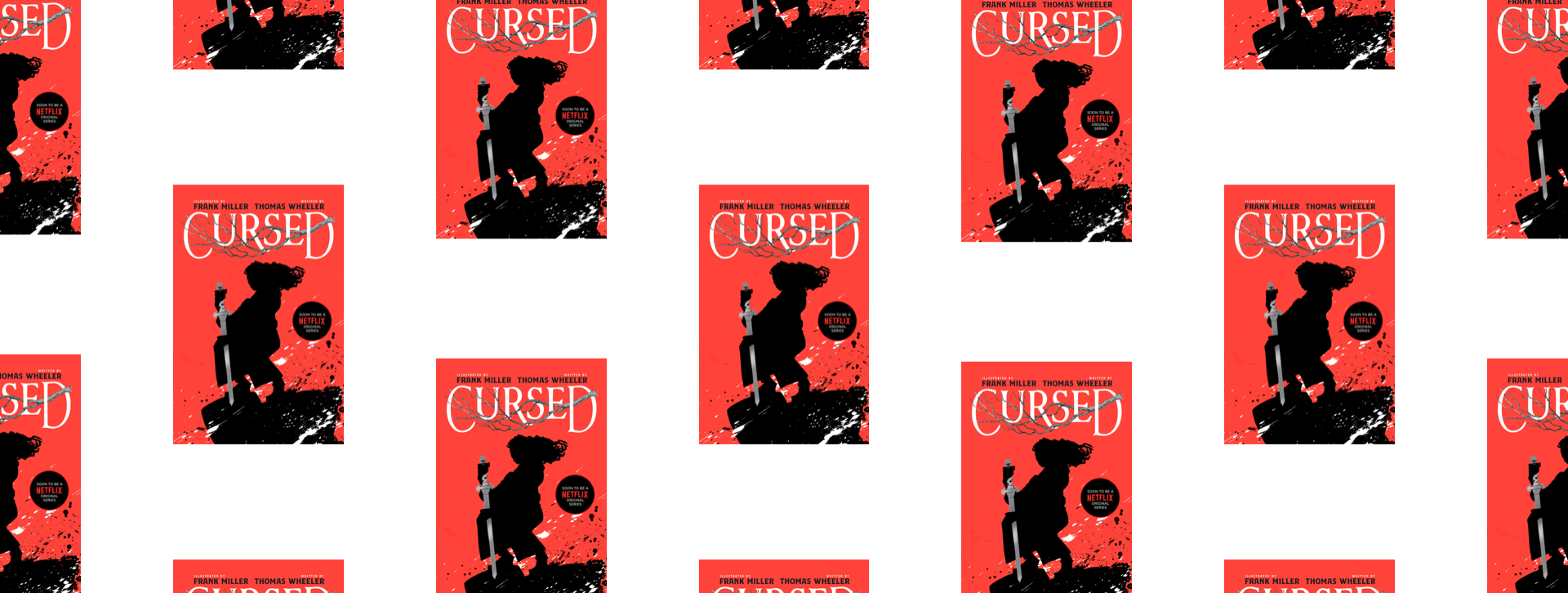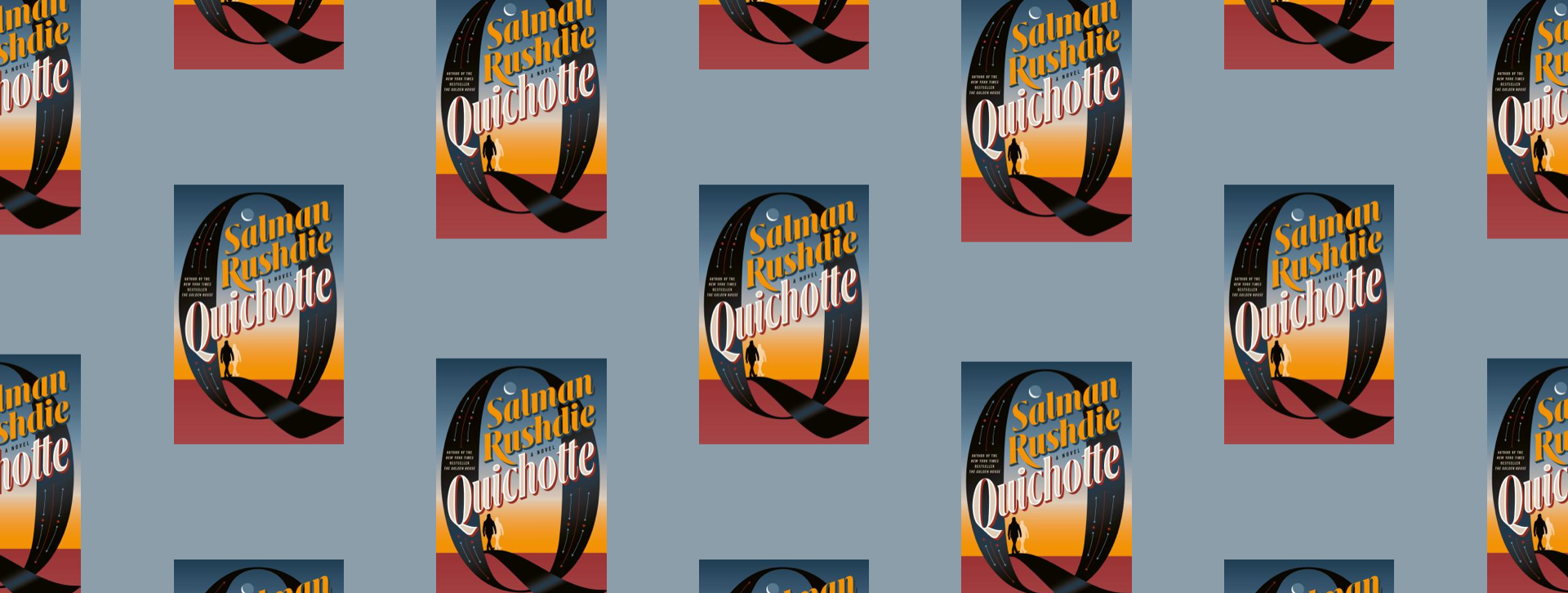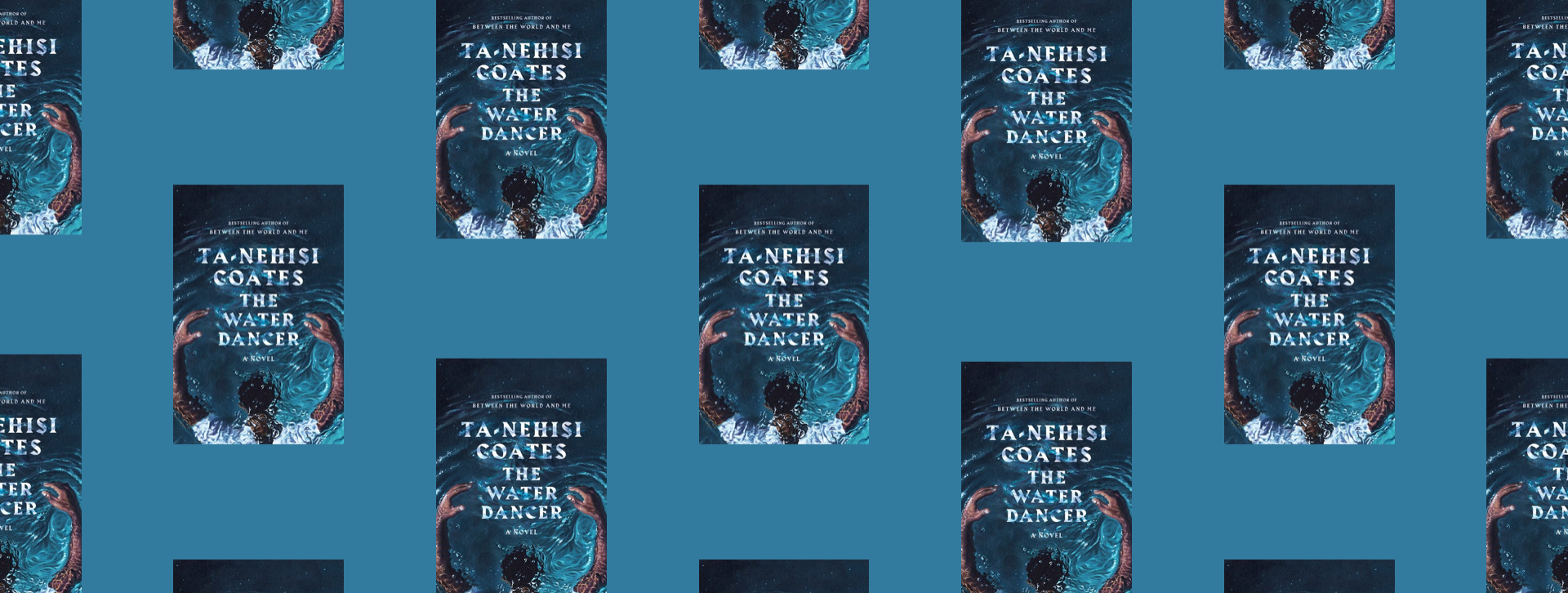The Unwilling
The Unwilling is not what many readers will be used to in the fantasy genre. It’s character-driven, and either there’s going to be a sequel or the ending is meant to make you think more than give you a sense of closure.
What Is Missing
What Is Missing is a lyrical, introspective look deep into the relationships and desires of a set of deeply flawed, deeply human people. The characters drew me in, and I enjoyed it.
The Other Americans
The Other Americans was longlisted for the National Book Award, and it’s not difficult to see why; it’s a timely, gripping novel.
The Testaments (The Handmaid's Tale, #2)
The Testaments: the long-awaited, much-hyped sequel to The Handmaid’s Tale. I found this book to be a very enjoyable read, with an exciting and satisfying plot, although I’m not sure I needed it.
Sabriel (Abhorsen Trilogy/Old Kingdom, #1)
I can’t believe I hadn’t read this book until now. But I ended up really liking it, and I liked Garth Nix’s unique narrative style!
Disappearing Earth
Disappearing Earth is a stunning debut for Julia Phillips. I don’t know where she’s been or what took her so long, because she writes in a voice that you cannot look away from.
Marilou Is Everywhere
If you read literary fiction in any capacity, if you love when words sing like music, if you read to feel, then Marilou Is Everywhere is not to be missed.
Kingsbane (Empirium, #2)
Kingsbane was a definitive trilogy book two, with a lot meant to move the plot from the first book to the last. But it has great characters and a RIDICULOUS ending (beware cliffhanger!!).
The Tyrant's Tomb (The Trials of Apollo, #4)
I recommend Rick Riordan’s books to anyone who likes to guffaw, loves witty pop-culture-meets-greek-mythology humor, and wants a good ol’ tug on the heartstrings. Because that’s what he delivers, every single time.
The Seven Husbands of Evelyn Hugo
This is one of the most hyped books on Instagram, but it took me a long time to finally read it. And it was great, just as everyone said it was. A masterwork in storytelling, compulsively readable and heart-wrenching.
Her Body and Other Parties
I’m late to the party on this one, but I never doubted that I would love it. So many people have spoken highly of it. Plus, sorta-weird-sorta-spooky-super-speculative feminist short stories? MADE FOR ME.
On Swift Horses
On Swift Horses is a beautiful slow burn with language that draws you in like music. I had to linger over every sentence, speak them in my mind as I read, and let them sink into my bones and heart.
Queen of the Conquered
First of all, give me alllllll the fantasy novels written by non-binary people of color about slaves revolting against colonizers using badass magic and decade-long revenge plots. YES MORE OF THIS PLEASE.
My Sister, the Serial Killer
My Sister, the Serial Killer is a fast-paced, cutting, impactful little novel that comes in and gets out fast, but not without leaving its mark. I was impressed with how Oyinkan created vivid characters and a compelling story in so few words.
Where the Crawdads Sing
Where the Crawdads Sing was beautiful, heartbreaking, and entirely worth reading. Delia Owens writes prose that cuts to the quick, leaves you aching for her characters, and opens your eyes just a little bit more.


